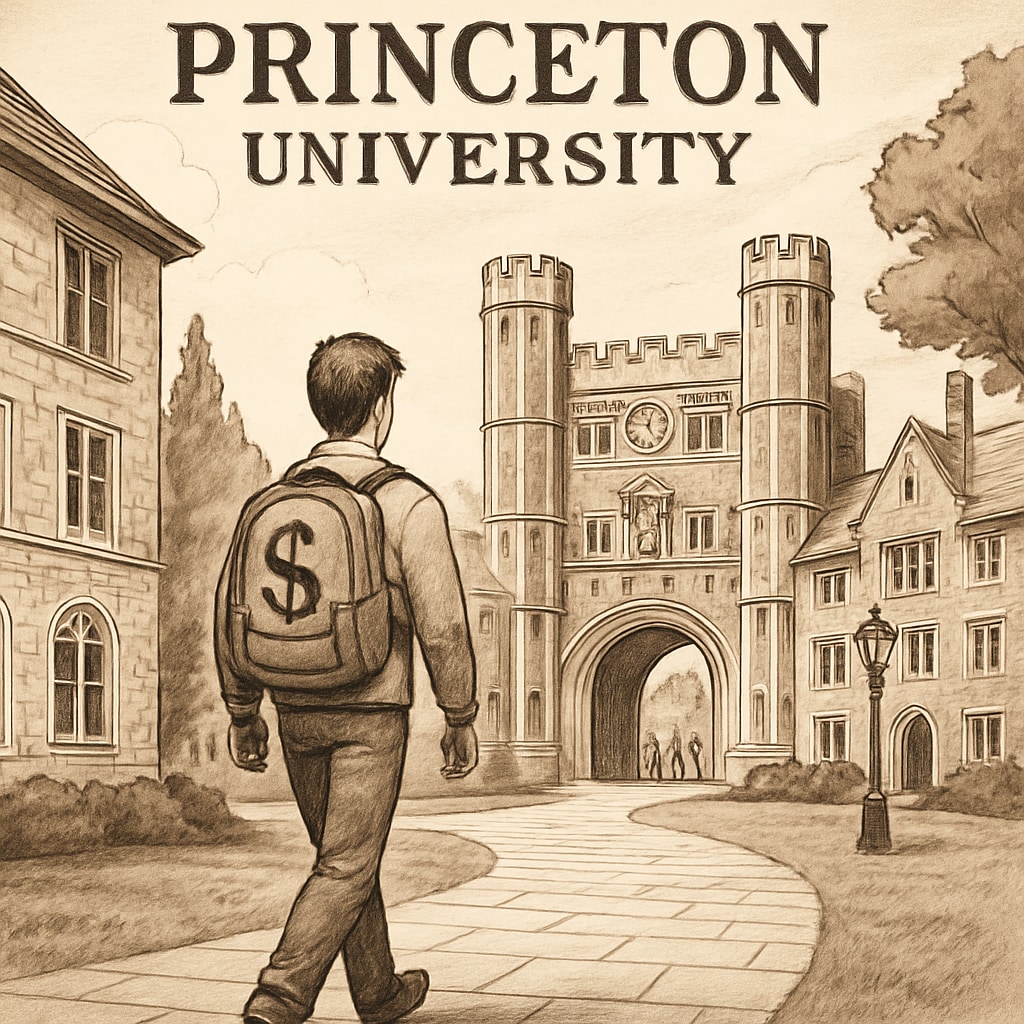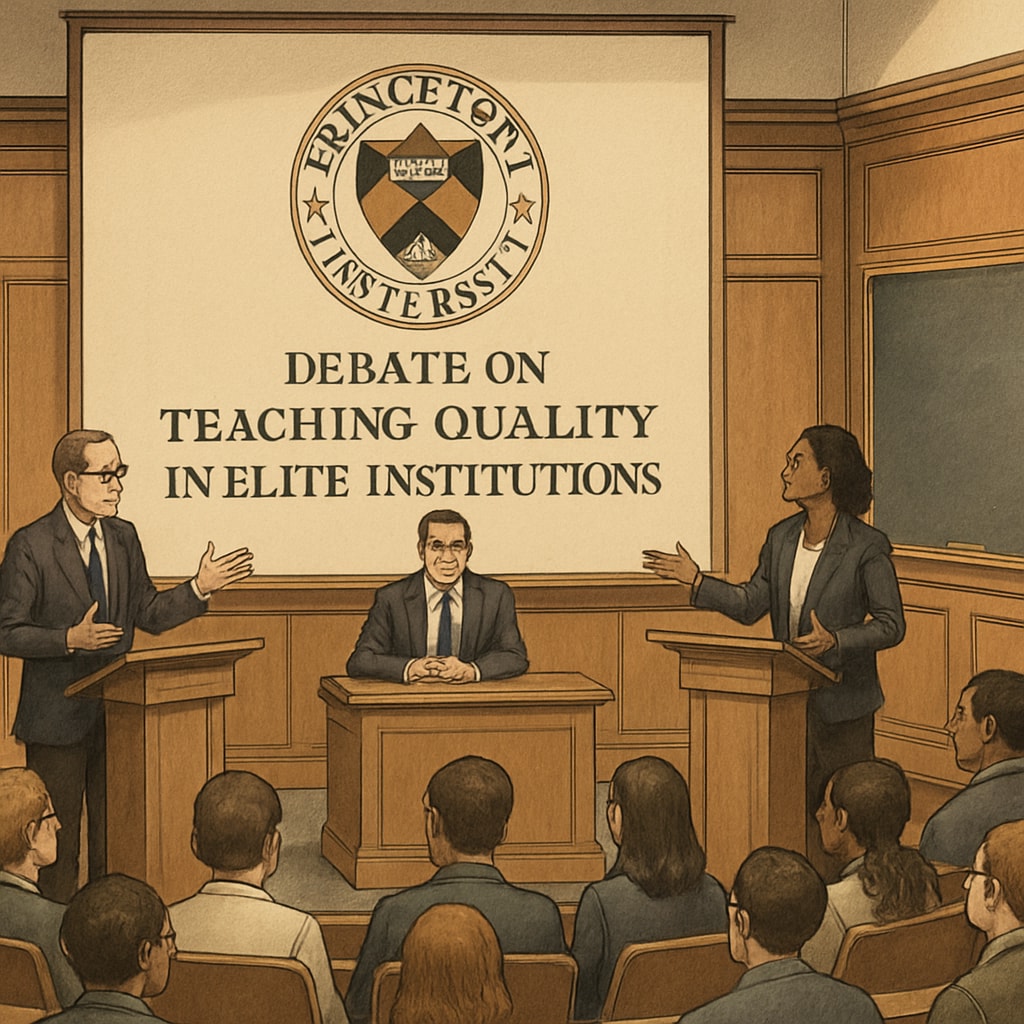When discussing elite education, Ivy League institutions like Princeton University often dominate the conversation. Their reputation for academic excellence and prestige has made them a beacon for ambitious students worldwide. But are these institutions truly worth the hype, or has their status been overrated? This article explores the costs, teaching quality, career outcomes, and broader implications of Ivy League schools to determine whether their value matches their reputation.
The Cost of Prestige: Is It Justified?
Ivy League schools come with hefty price tags. For example, attending Princeton University can cost upwards of $70,000 per year, including tuition, room, and board. While financial aid programs are available, the majority of students face significant financial burdens. The question arises: does this investment guarantee a superior return? According to a report by Britannica, Ivy League graduates often earn higher salaries compared to peers from other universities. However, critics argue that these outcomes might be more attributable to networking opportunities than actual educational superiority.

Teaching Quality vs. Reputation
The teaching quality at Ivy League schools is often under scrutiny. While professors are undoubtedly among the best in their fields, the focus on research can sometimes overshadow undergraduate education. A study published by Wikipedia suggests that smaller liberal arts colleges often provide more personalized and engaging classroom experiences. This raises the question: is the prestige of an Ivy League degree primarily a result of branding rather than the intrinsic value of the education itself?

Career Outcomes: Are Ivy League Degrees Overrated?
Graduates of Ivy League schools often secure positions at top companies and prestigious graduate programs. However, some argue that this success stems more from the schools’ exclusive networks rather than the education itself. For example, while Princeton alumni may boast impressive career trajectories, similar outcomes are increasingly achievable from non-Ivy institutions with lower costs and less competitive admissions.
Additionally, as society shifts towards valuing skills and experiences over brand names, the weight of an Ivy League degree may diminish. Tech giants like Google and Apple have publicly stated that skills matter more than diplomas, signaling a potential change in hiring practices.
The Ripple Effect on K-12 Education
The Ivy League’s prestige also impacts the K-12 education system. Many high school students feel immense pressure to secure admission to these elite institutions, which can lead to unhealthy competition and stress. This focus on Ivy League schools often marginalizes other excellent universities and career paths. As a result, the broader education system may benefit from a cultural shift that places less emphasis on elite branding and more on individual strengths and goals.
Conclusion: While Ivy League institutions like Princeton University hold undeniable prestige, their value is increasingly being questioned. High costs, debatable teaching quality, and shifting societal values prompt a reevaluation of their status. By considering alternative schools and focusing on personal development, students and parents can make more informed decisions about higher education.
Readability guidance: This article uses short paragraphs and lists to enhance readability. Overuse of passive voice and excessively long sentences is avoided. Transitions such as “however,” “for example,” and “as a result” ensure logical flow.


